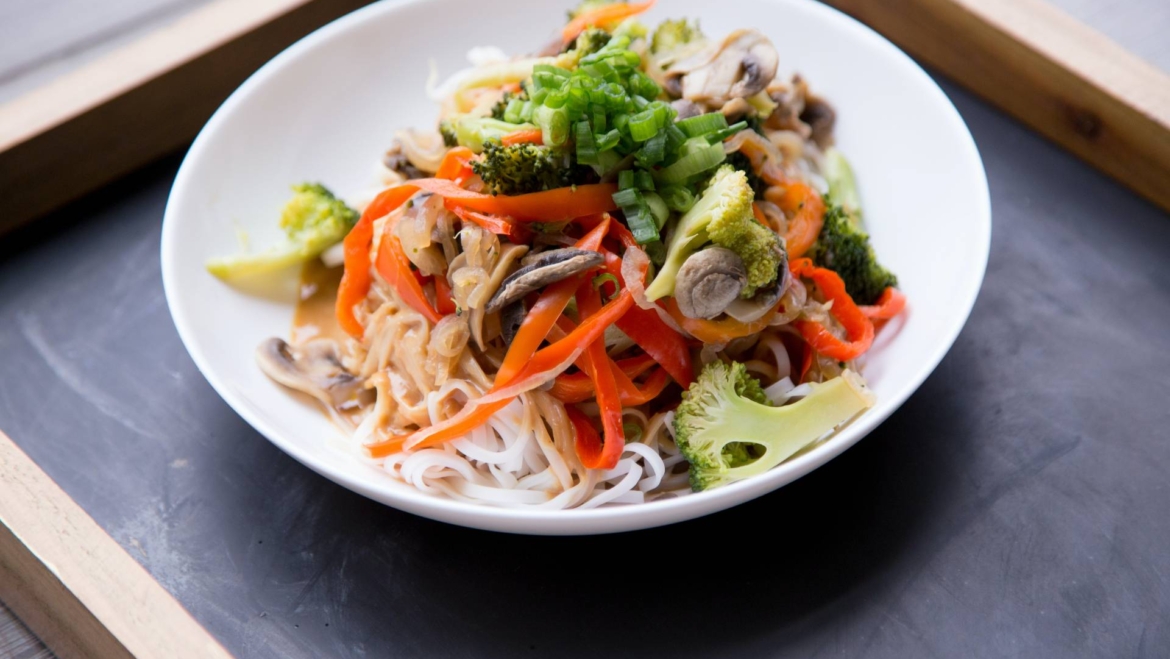Healthy eating is important at any age, but becomes even more so as we reach midlife and beyond. As well as keeping your body healthy, eating well can also be the key to a positive outlook and staying emotionally balanced. But healthy eating doesn’t have to be about dieting and sacrifice. Rather, it should be all about enjoying fresh, tasty food, wholesome ingredients, and eating in the company of friends and family.
No matter your age or your previous eating habits, it’s never too late to change your diet and improve the way you think and feel.
We’re all looking for ways to eat healthy throughout our lives because we understand the value of a healthy lifestyle and how it can make us feel better. But healthy eating as we age suddenly becomes more challenging as we deal with different physical limitations. As our bodies grow older, they start to develop some unique nutritional needs, as well. Here are some tips from Butterfly Bound Care for eating well as you get older.
Look for Nutrients Your Body Needs
To avoid developing diabetes, heart disease, blood pressure and other diseases, healthy eating as we age becomes more important. It’s wise to look for foods that are nutrient-dense, which just means that they have a lot of nutrients such as vitamins, minerals, proteins, and healthy fats in them. Eating nutrient-deficient foods will make it harder to maintain a healthy weight as you age and will also contribute to health problems.
Stay Hydrated
As important as it is to eat healthy foods as you get older, it’s even more important to make sure you stay hydrated. Avoid sugary and carbonated drinks, which will only contribute to dehydration and cause problems with your blood sugar levels. Water is the best liquid to drink throughout the day and will help your body absorb nutrients from the foods you consume.
Read Nutrition Labels to Know What’s in the Food You Eat
You might be surprised to discover how many unhealthy ingredients prepackaged foods contain. It’s wise to know exactly what you’re eating each time you prepare a meal for yourself. Always read nutrition labels before buying a prepackaged product and check for things like saturated fats, sugars and ingredients that you don’t know how to pronounce.
Whenever possible, choose foods that have a short list of ingredients. Prepare and eat whole foods whenever you can to get the most nutritional benefit from what you consume.
Make Sure You’re Eating Enough Protein
To maintain your muscle mass, you may need to add protein to your diet as you grow older. Healthy eating as we age should involve protein-rich foods such as seafood, peas, beans, dairy and lentils. These will help you hang onto your muscle so it’s less likely to waste away with age.
Reduce Your Sodium Intake
Too much sodium intake can cause a lot of problems as we age. Excessive sodium is connected to poor kidney health and may lead to water retention and bloating. To reduce your sodium intake, try seasoning your foods with herbal mixes instead of salt. You may also enjoy the taste of lemon or lime juice on your meals.
Try Pre-Sliced Fruits and Vegetables
Slicing fruits and vegetables can be a pain. For older adults, it can also be a dangerous activity that comes with a high risk of injury. Since fruits and vegetables are so important for meeting your nutrient intake needs as you age, it’s important to get at least five servings of them per day.
One way to ensure healthy eating as we age is to purchase pre-sliced varieties of fruits and vegetables. These often come in convenient, user-friendly trays. The one drawback of buying pre-sliced fruits and vegetables is that they typically don’t stay fresh as long as non-sliced fruits and vegetables. So try to buy only the amount you are likely to consume within a few days.


Add Comment